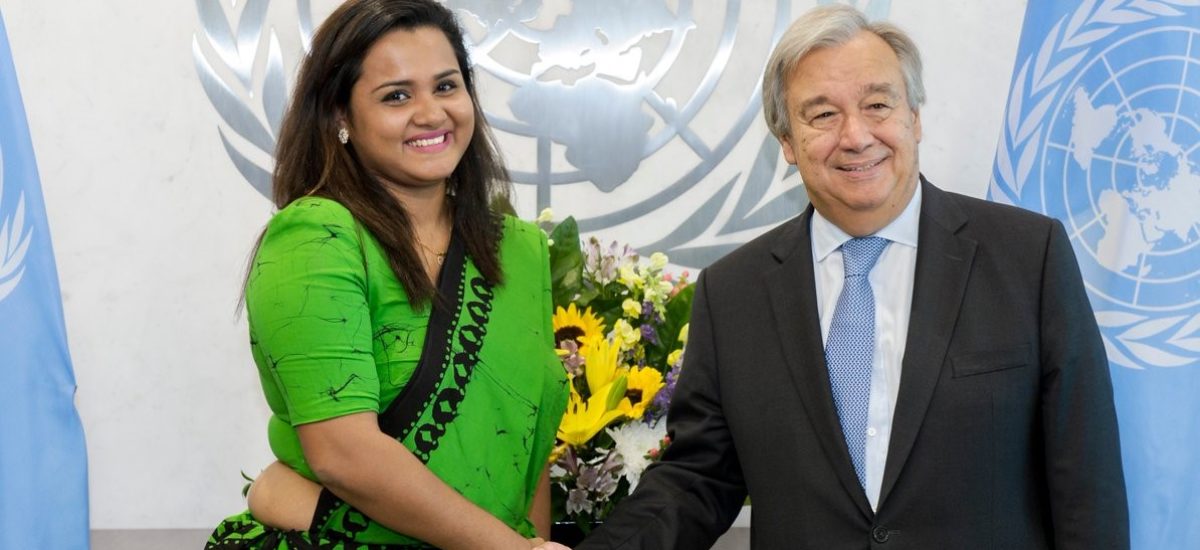There is a social experiment that has been doing rounds close to Women’s Day this year. To help understand the human mind, participants are asked to solve a riddle and their responses are recorded. The riddle is as follows (feel free to attempt it yourself):
A father is about to bring his son to a job interview applying for a position at a large stockbrokers company in the city. Just as they arrive at the company’s parking lot, the son’s phone rings. He looks at his father who says, “Go ahead, answer it.” The caller is the trading company’s CEO who says “Good luck son, you’ve got this.” The son ends the call and once again looks at his father, who is still next to him in their car.
How is this possible?
An overwhelming majority answer this incorrectly. Many cannot understand how the father who is also clearly the CEO can be in two places at once.
The answer is the CEO is his mother.
Most participants cannot believe their subconscious bias that prevented them from even considering that the CEO would be a woman. That is the very problem with subconscious biases, we do not realise they exist.
In the following Women’s Day message, the United Nations Secretary-General’s Envoy on Youth, Jayathma Wickramanayake, shares a real life experience of the same bias that she has faced as a young Sri Lankan woman in a leadership position. The riddle is hypothetical but the issue is very real.
Watch the video here:
Click here to visit the Office for the Secretary General’s Envoy on Youth webpage for more information.
Sri Lanka prides itself on symbolic achievements of the past such as the granting of universal franchise in 1931 allowing women to vote well ahead of many Western nations and appointing the first female Prime Minister in the world as early as 1960. Yet despite these landmark wins, Sri Lankan society today is laden with sexism and patriarchy. The figures on violence against women are staggering.
To change the status quo, education and awareness are vital. Women who make up more than half of our population must be treated as equals. Women should not have to work twice as hard to achieve half as much as their male counterparts as gender equality does not only benefit women; it benefits the world. It is time Sri Lanka too came to this realisation.
With more recent inspiring and deserving changes such as the appointment of Kasturi Chellaraja Wilson as Sri Lanka’s first female Group CEO of a Conglomerate in 2020 and the appointment of Sri Lanka’s first female Deputy Inspector General of Police (DIG) Bimshani Jasin Arachchi in 2021, and young women leaders like Jayathma Wickramanayake herself, there is a glimmer of hope.


